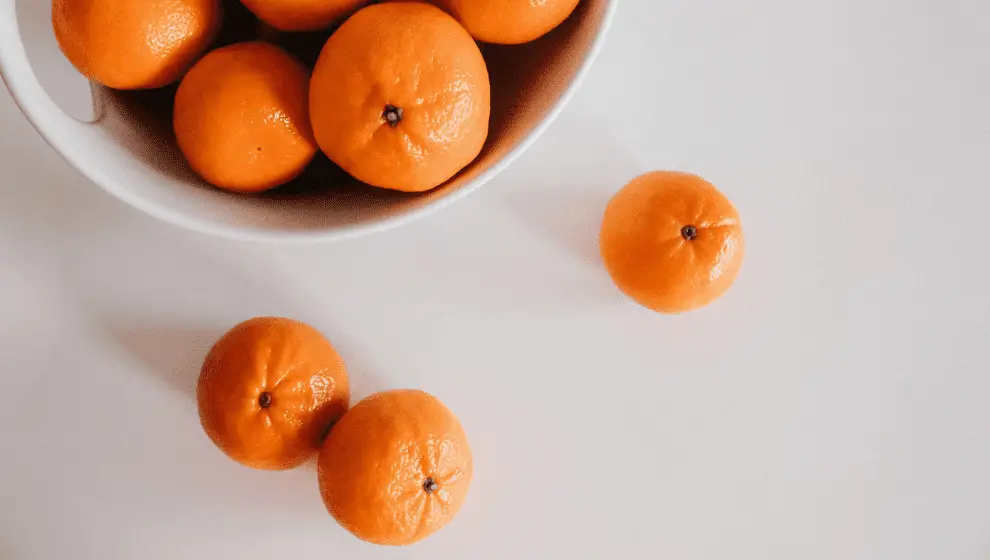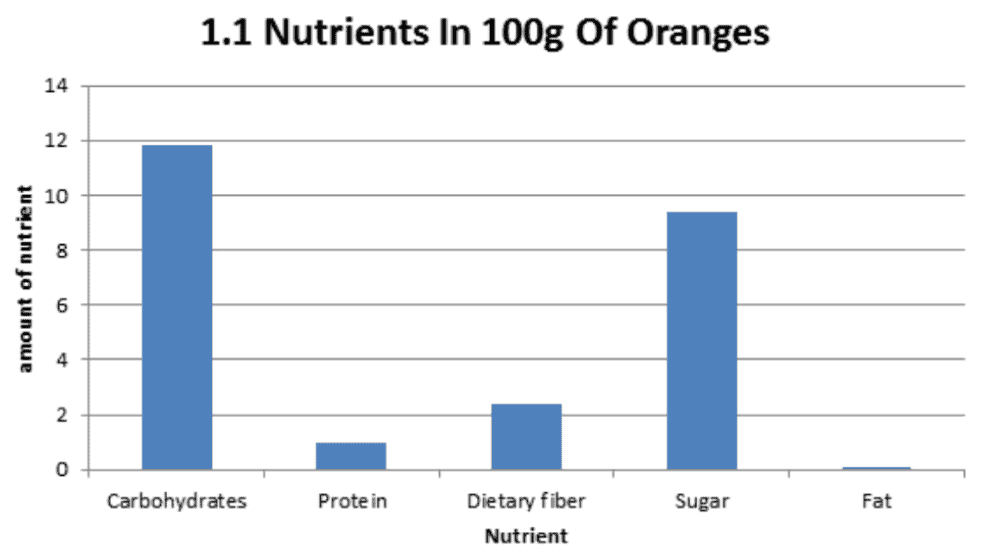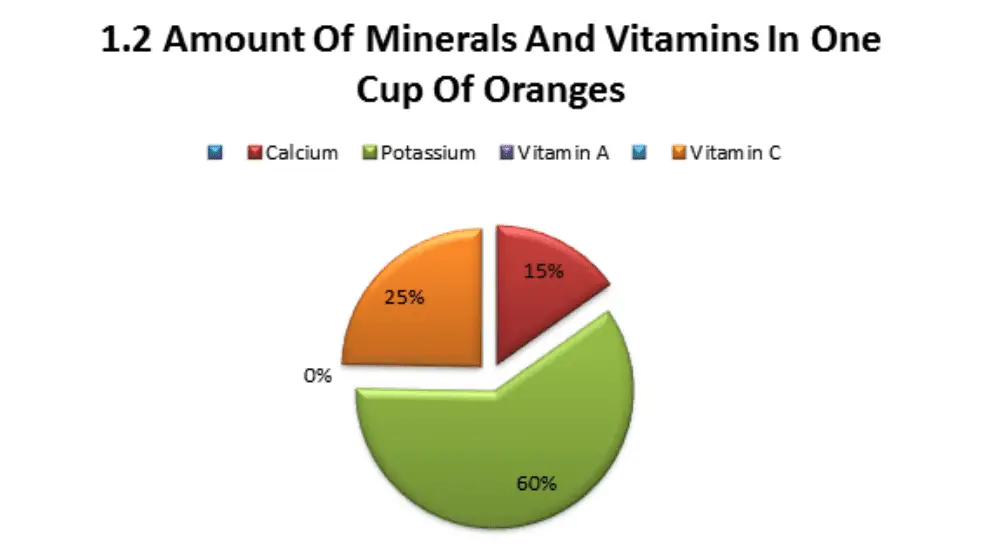
I am a graduate of a veterinary university. Dealing with all the kinds of pets from the dawn to dusk, it’s like understanding their language. That is the best time ever, I must say!
Writing has always been my orphenadrine. I love to share my experience and talk about the most common issues people have been facing with their pets. My writing career began in 2015. I aimed to work for pets to share my experience and make pet humans relation a lot better. I usually talk about the most significant or recurrent cases of the day. During my practice at pet centre, I face a lot of questions by pet owners. Moreover, I also own a variety of pets myself including different species of mammals, birds and reptiles.
Therefore, I have decided to educate all the pet owners about their little friends who can’t talk the way we do. Understanding what they are telling us is all we need to do. And most of us fail to perceive.
So, I am here to serve the purpose. Let’s help each other in better understanding the needs, behaviours, and problems of our best friends with the best possible solutions!










